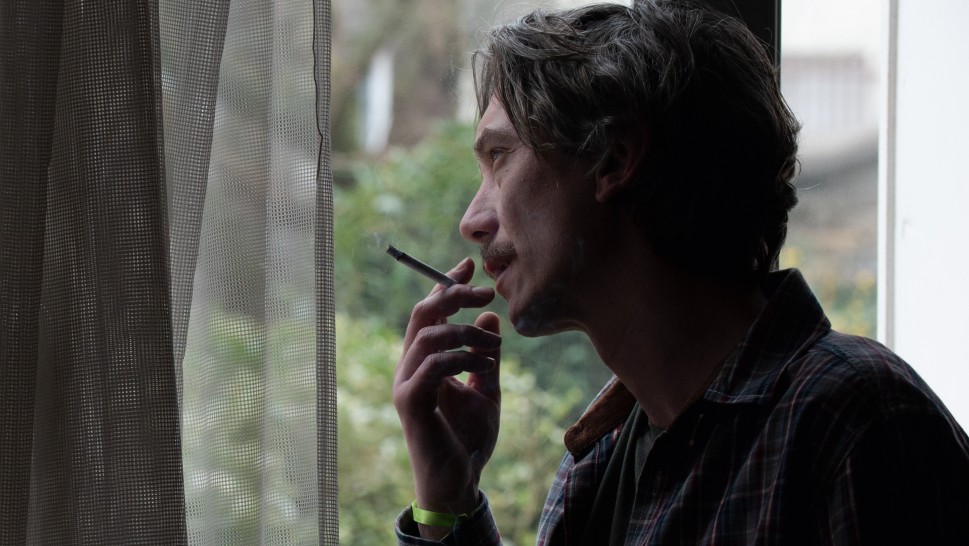


Four Films by François Ozon
A luminary and frequently controversial figure of the French cinema since the 1990s, François Ozon (b. 1967) has continued to surprise and delight with his ever-stylish, daring and genre-defying films. Ozon first made a name for himself as an auteur with a series of audacious and darkly exuberant works that included See the Sea (1998), Sitcom (1999), Water Drops on Burning Rocks (2000) and 8 Women (2002), energetic and intelligent films which channeled and reinvented traditions of the thriller, kitchen-sink melodrama and the musical while also paying direct homage to one of Ozon’s acknowledged idols, Rainer Werner Fassbinder. During the same period, Ozon also explored a subtler, at times more melancholic mode of art cinema with now-classic films such as Under the Sand and Swimming Pool, understated psychological studies starring the enigmatic icon of disquieting art cinema, Charlotte Rampling. In 2016, Ozon turned in a new direction with a lush period film, Frantz, a lyrical drama of war and forgiveness set in the aftermath of World War I.
Ozon continues to be remarkably prolific and unpredictable, but perhaps never more so than with his latest film, By the Grace of God, a sobering response to the sexual abuse scandal now shaking the Catholic Church in France and centered on the still-ongoing trial of Cardinal Philippe Barbarin, who covered up knowledge of the serial assault of young boys during his all too long tenure. Winner of the coveted Silver Bear at the 2019 Berlin Film Festival, By the Grace of God reveals yet another side of Ozon’s cinema, charged with an urgent anger and sense of injustice and dedicated to a methodical and compassionate retelling of a dark, traumatic story from the point of view of the now-adult victims.
The Harvard Film Archive is thrilled to welcome François Ozon for a sneak preview screening of By the Grace of God, presented as part of our monthly Cinema of Resistance series. Accompanying the film are three earlier works offered as a showcase of the restraint, lyricism and political charge that are less acknowledged as facets of Ozon’s vital and polymath cinema. – Haden Guest












